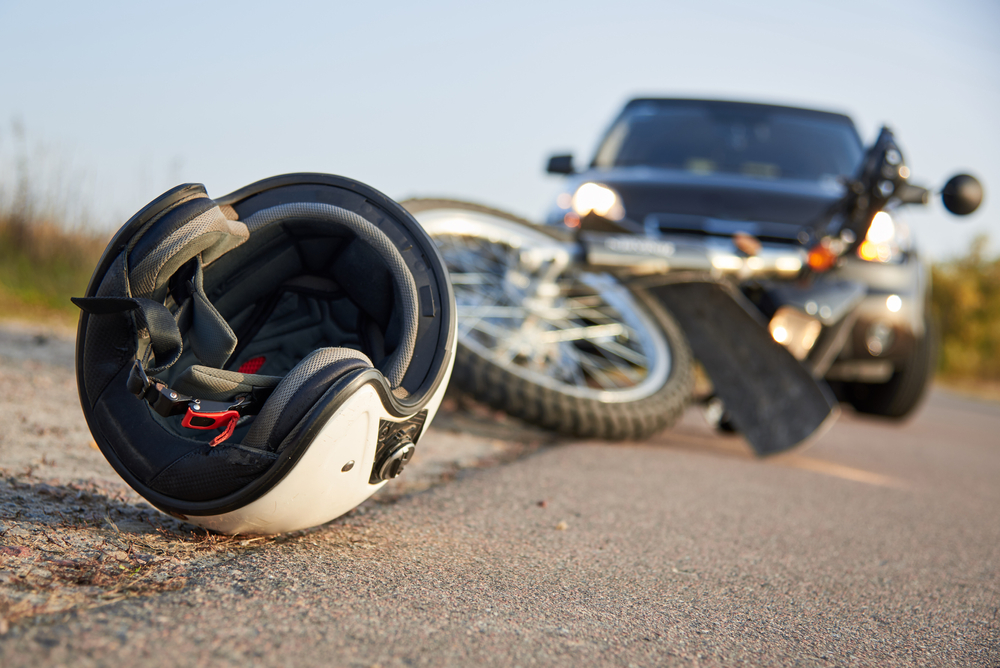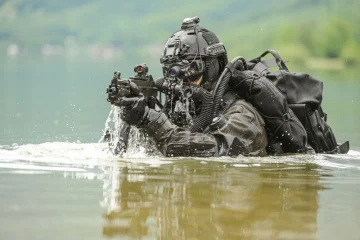Every motorcycle rider is at risk of an accident. Those who have been riding for a while tell new bikers that they have either been in an accident or will be in one. Most people walk away from car accidents with minor injuries, but that isn’t the case when a person rides a bike.
The injuries seen in motorcycle accidents are typically moderate or severe, and those are the ones that people can see. There are also psychological effects that a person might try to hide. They need to recognize this is commonplace when you are injured on your motorcycle and seek help overcoming these effects.
Mental Health Concerns Following a Motorcycle Accident
Bikers are at risk of several mental health issues following an accident. They don’t have seat belts or airbags to protect them, so falling off the bike or being thrown off is expected. While a rider may know this will happen, it is still traumatic.
Post-traumatic stress disorder is a condition that might lead to the biker experiencing flashbacks or having nightmares. They may struggle with severe anxiety and find it interferes with their daily life. Riding a bike might be something they never want to do again.
Anxiety and depression plague many riders following an accident. They feel sad and helpless and may begin worrying excessively. Over time, they could find it challenging to hold a job or maintain a relationship.
The victim of a motorcycle accident might fear riding or being around motorcycles. They may even avoid the area where the accident occurred, and these behaviors may interfere with their regular life.
Traumatic brain injuries are more likely in motorcycle accidents than accidents involving passenger cars. The victim might find it difficult to concentrate or remember things. They may struggle to make decisions, leading to issues at home and work.
Some victims have also reported psychosomatic symptoms. Doctors cannot find the source of their pain, but they experience it. Headaches and general fatigue are two symptoms a motorcycle accident victim might complain of.
Overcoming This Psychological Trauma
A victim might struggle to move forward following a motorcycle accident, especially when they are still dealing with injuries sustained in the crash. There are certain things they may do to help with their recovery. Therapeutic interventions should be considered to help the victim develop coping strategies they can use when negative thought patterns emerge. Cognitive Behavioral Therapy and Exposure Therapy are two possible interventions.
Victims often benefit from accident and trauma support groups. Coming together with others in similar situations to talk is beneficial. People who participate in these groups feel less isolated.
Don’t hesitate to ask the doctor for anti-anxiety medicines or antidepressants. Talk with the medical team to see if physical therapy will help with pain and learn relaxation techniques. They are helpful for those struggling with stress and anxiety after the accident.
Mental health must be prioritized along with physical health following a motorcycle accident. The mind impacts the body and vice versa. A person cannot achieve a full recovery without addressing the physical and medical effects of the crash.
Talk with an accident attorney to learn your rights following a motorcycle accident. Men and women who speak with attorneys don’t have to fight this battle alone. You will have someone there to support you every step of the way so that the focus can remain on recovery. Your attorney will handle the rest.
If this article made an impact, dive into other helpful resources on Buzz Revolve to stay informed and prepared.




